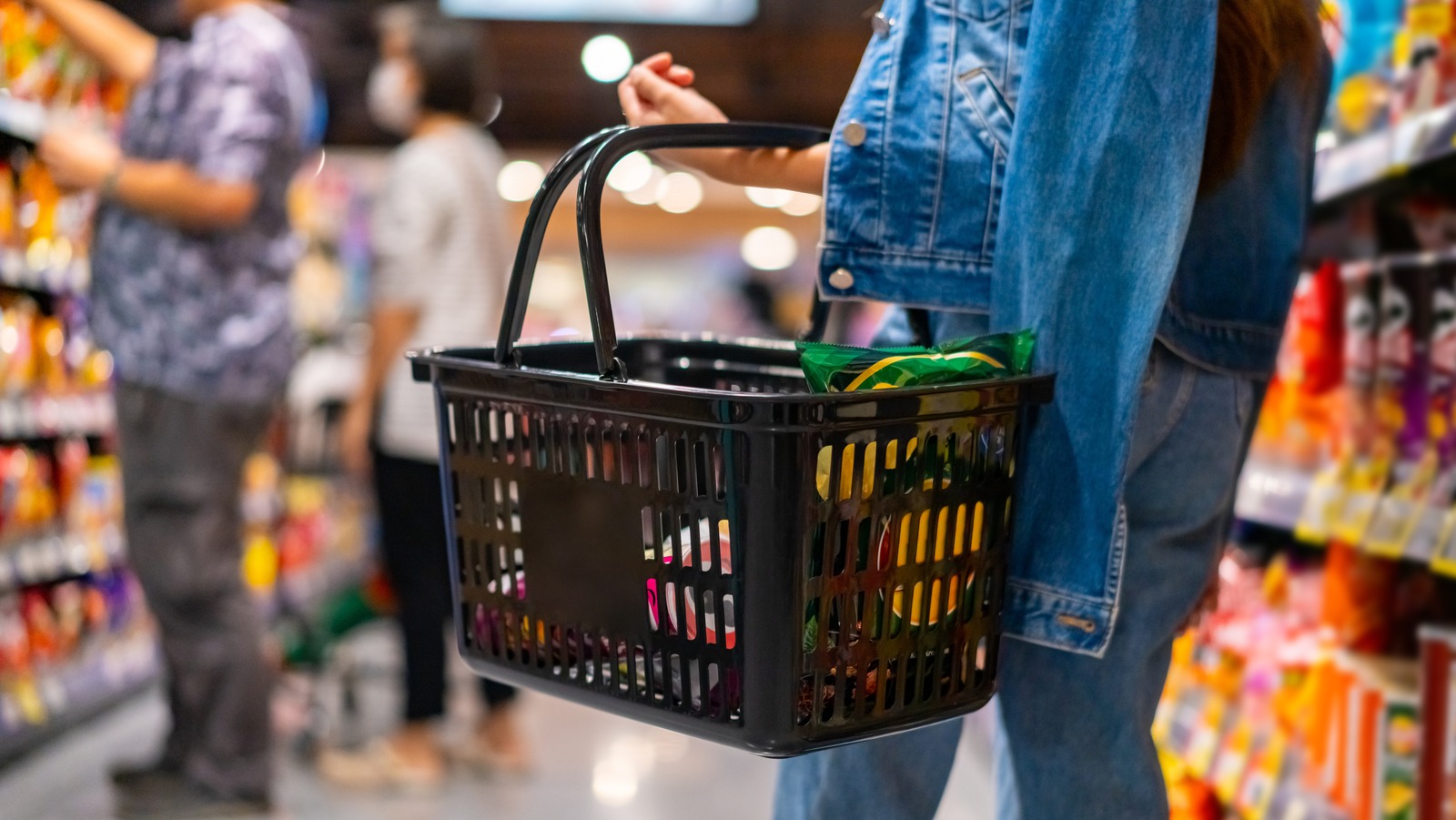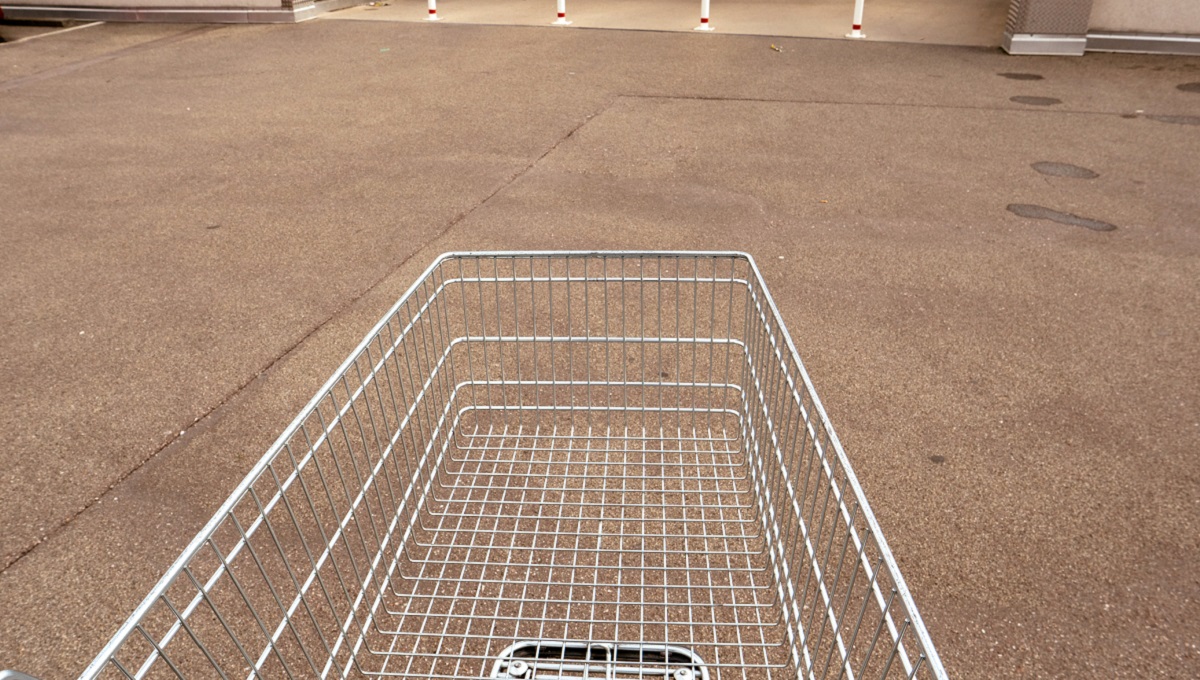
Grocery shopping seems like a straightforward task — go in, grab what you need, and head out. But if you've ever walked into a store on an empty stomach, you know it rarely plays out that way. Suddenly, everything looks delicious, and instead of sticking to your list, you're tossing in items you never even considered buying.
Hunger affects the types of decisions you make when you get in the store, and you'll find that you're more likely to splurge on high-calorie, ready-to-eat foods rather than committing to cost-effective items. But it doesn't stop at food; research by the National Academy of Sciences has shown that being hungry can also lead to overspending on non-food items. Whether it's an extra kitchen gadget, a scented candle, or something random from the checkout aisle, shopping while hungry can be deadly for your wallet.

. There's no need to let hunger sneak in and cause you to throw caution to the wind. , with strategic product placements and promotions to tempt shoppers.
But hunger turns that up a notch, making it easier to justify unnecessary buys. Before you know it, you've loaded up on pre-packaged snacks, frozen meals, and a few too many things you just flat out don't need. If you're serious about saving money, avoiding grocery stores when you're hungry is one of the easiest ways to cut down on unplanned expenses.
Knowing why hunger makes you overspend can help you shop smarter and keep your budget intact. Why hunger makes you spend more than you intend to When you're hungry, your brain prioritizes immediate satisfaction over long-term planning, which is why grocery shopping on an empty stomach leads to higher spending. You see, hunger activates the brain's reward system, making food (especially high-calorie, highly-processed foods) seem more appealing.
So, even if you planned to grab a few essentials for the pantry, being hungry will push you toward quick fixes like frozen pizzas, chips, or sugary drinks. Forbes has also highlighted that hunger doesn't just increase the amount of food you buy but also leads to purchases outside of your original plan. Aside from making everything in the store look irresistible, hunger lowers self-control.
Psychology Today explains that low blood sugar impacts decision-making, making it harder to stick to a budget. Even if you walk into the store with a strict shopping list and a set spending limit, hunger can easily override those plans. Instead of making cost-conscious choices, you're more likely to opt for pricier, ready-to-eat options because they seem like the easiest solution in the moment.
From personal experience, hunger can also make you start buying things in bulk. Some people in general. To me, it's fine if you need it, but not so much when you're just grabbing things for the sake of having them.
Something that seemed like a good deal — say, a jumbo-sized snack pack — might not actually save you money if it wasn't on your original list. I catch myself buying things in bulk thinking I won't have to worry about buying again as soon. In reality, food often goes to waste.
When you should go grocery shopping instead Timing your grocery trips wisely is key. Shopping first thing in the morning or right after work can be risky, as hunger is more likely to influence your decisions. Instead, aim for mid-morning or early afternoon trips when you're less likely to be battling cravings.
Planning ahead and making a solid grocery list can also help you stay on track and avoid distractions, no matter what time you shop. If you want to stick to your budget, the best time to shop is after a meal or at least after having a small snack. Eating beforehand stabilizes blood sugar levels, keeping cravings in check and reducing the temptation to overspend.
If you can't avoid shopping while hungry, bring a simple snack like a granola bar or some almonds to help curb impulsive choices and keep you focused on what you actually need. Shopping when you're full makes it easier to focus on affordable, nutritious ingredients like fresh produce, grains, and proteins. Being mindful of when and how you grocery shop can keep your spending in check.
Recommended.














